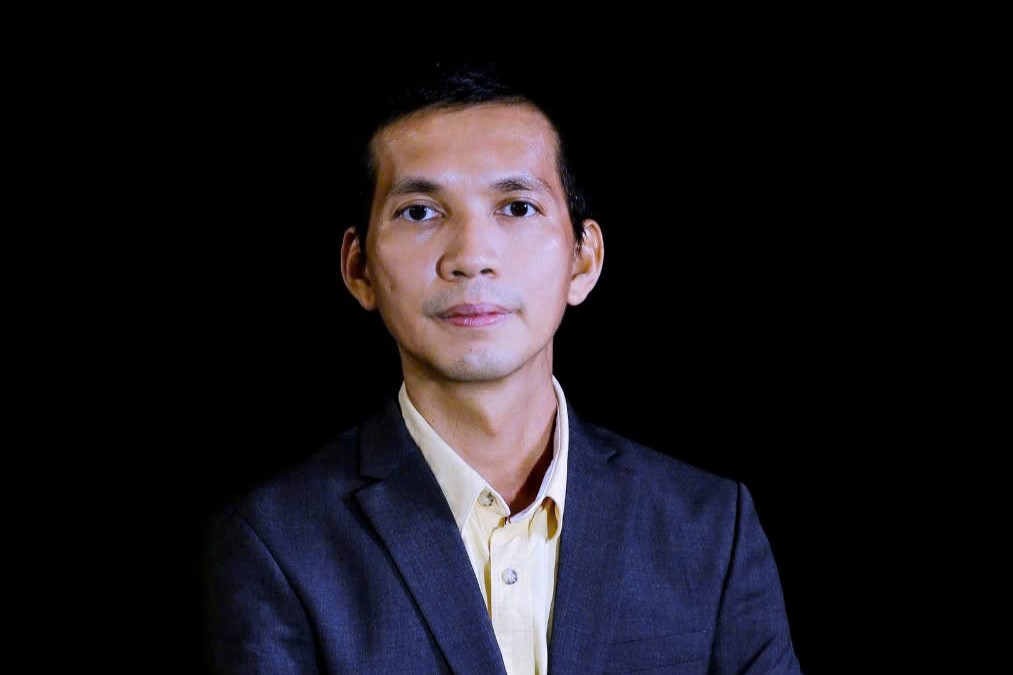Ethical and professional responsibility
However, the consequences are not limited to legal liability. Celebrities can lose public trust, causing serious damage to their reputation and career. Loss of public trust can lead to the loss of advertising contracts and other partnership opportunities.
Furthermore, the misconduct of one celebrity can have a ripple effect, undermining consumer confidence in the entire industry. For example, if a celebrity falsely advertises a dietary supplement, this can undermine consumer confidence in other dietary supplement products, including those of good quality and reputation.
The public tends to trust celebrity endorsements by default. When a celebrity endorses a product, especially in the health or beauty industry, consumers often take it as trustworthy advice. This places a high ethical requirement on celebrities: they must not pursue personal profit at the expense of the potential negative consequences for consumers.
Not every product is worthy of being advertised, and celebrities need to consider carefully before agreeing to advertise for a brand. Criteria may include: Is the product safe for users? Has it been fully tested for quality? Is its origin transparent and clear?
To protect their personal and professional ethics, celebrities need to adhere to the principle of “know-verify-take responsibility”. They need to learn about the products, verify advertising claims before speaking publicly, and be willing to take responsibility for their public statements.
The future of influencer marketing
Product advertising is not only a commercial activity but also a commitment to social responsibility. Celebrities, with their great influence, need to be deeply aware of this. They should continually improve their knowledge of advertising regulations, build solid professional ethics, and put the interests of consumers above personal profits.
Meanwhile, continuous improvement of the legal framework is needed to match the rapid development of the digital environment and modern media behaviours. Law enforcement needs to be strengthened to ensure its deterrent effect, and effective monitoring measures will help promptly detect and handle violations.
In short, celebrities cannot simply “speak out when paid” but must take responsibility for their words, especially when those words have the potential to mislead the public. Only then can we build a healthy, transparent advertising environment and protect the legitimate rights of consumers.
Story: Dr Bui Quoc Liem, lecturer in Professional Communication, RMIT University Vietnam
Masthead image: stnazkul – stock.adobe.com | Thumbnail image: KMPZZZ – stock.adobe.com






